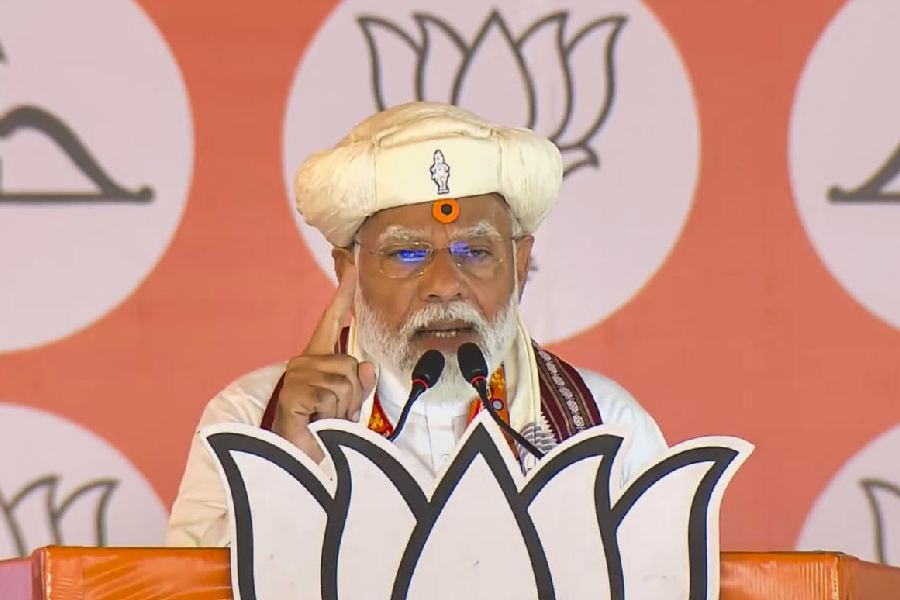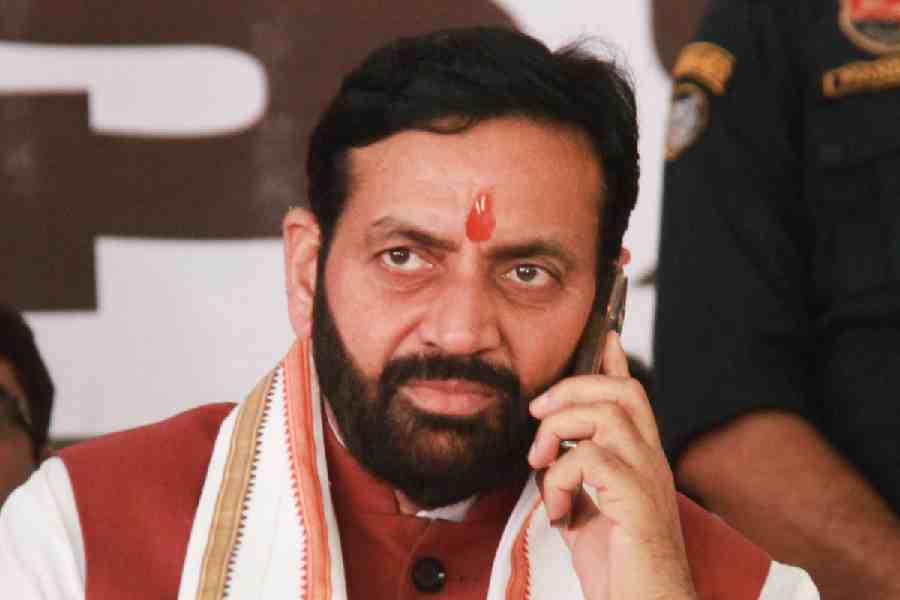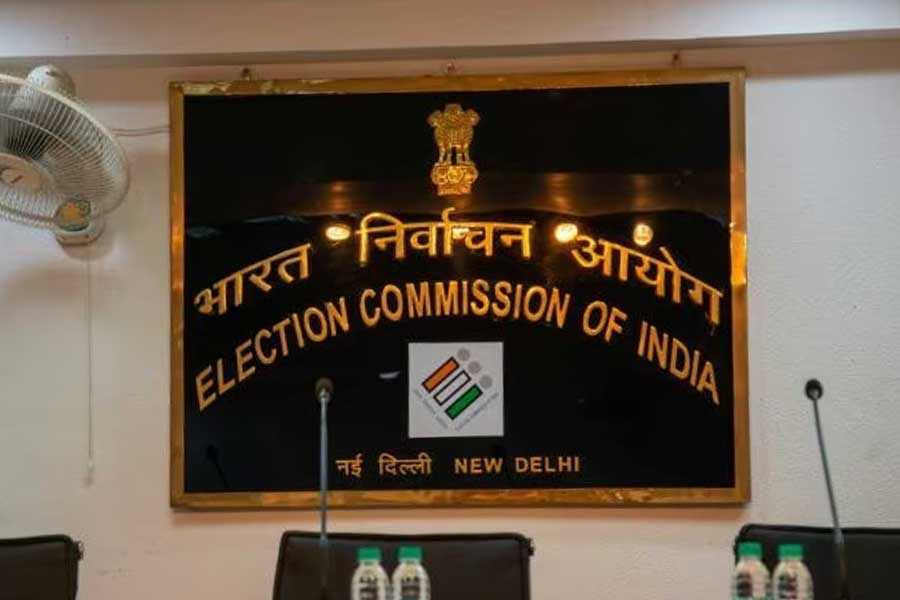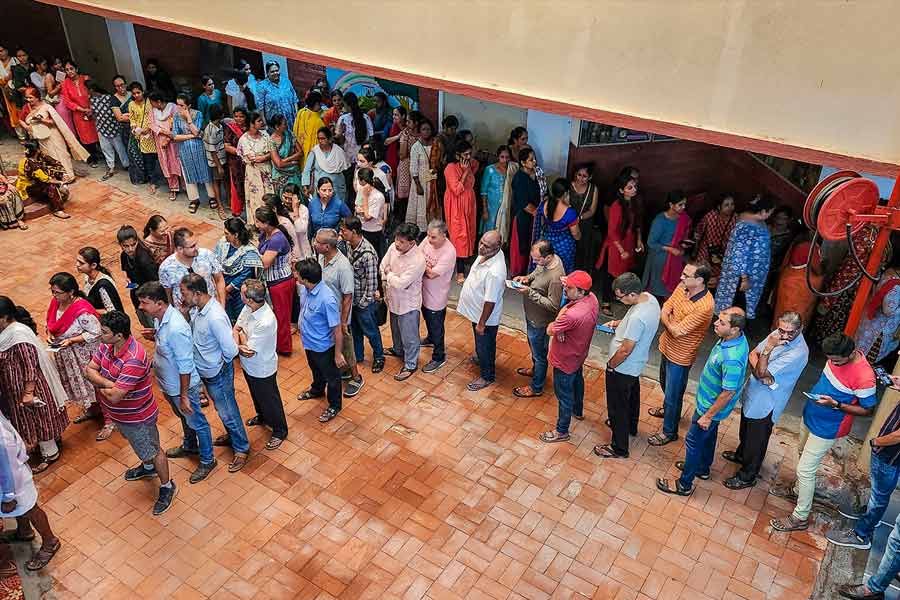Being the creative editor of Penguin Classics is a big task, just going by the mammoth size of the collections that are in this fold. Henry Eliot not only does that, but also writes in his free time. Author of Curiocity: An Alternative A-Z of London, and Follow This Thread: A Maze Book to Get Lost In, a beautifully illustrated book on the history and psychology of mazes, Eliot was on a visit to India for the ongoing country-wide Penguin Classics Festival as well as to promote his third book The Penguin Classics Book — a guide for traversing the world of classics that is divided by era and country. In a chat with t2 he talked all things classic.
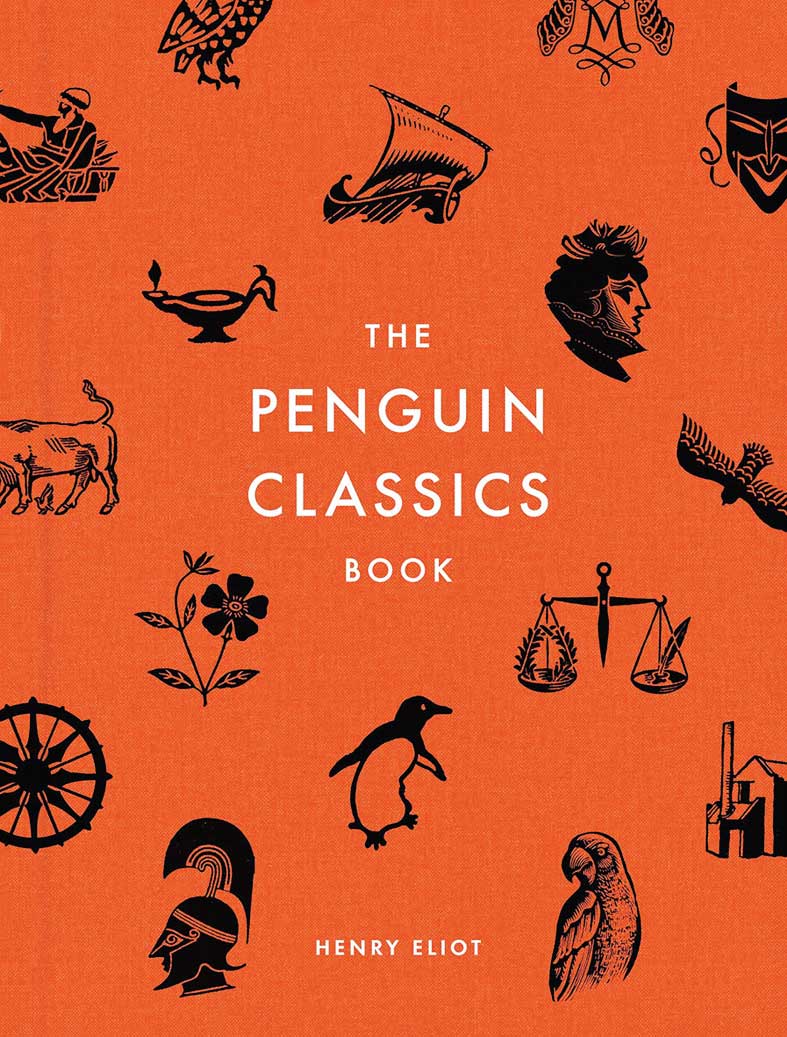
The Penguin Classics Book; Penguin; Rs 1,349 (approx) Picture: Book Cover
What kind of changes are you noticing in reading patterns due to the Internet?
It is not so hard to see a direct correlation. I have seen it with myself even. We get so many short texts, tiny articles, texts through twitter, and all of these texts are almost training us to have a very short attention span. Even with myself, I need to get into a different zone before I start reading. So I do think there is change happening. I also think that the reason classics have survived so long is not because people say that they are great. It is because they were so new and radical when they were first written, saying something new about the world. And I feel that they still have something fresh to say even if it’s wrapped up in an old and different context. And so if you unwrap that context, the thing inside is still urgent and alive. And I think if you unwrap it and there is nothing there, it ceases to be a classic. It becomes a historical document and it is no longer a work of literature. I think because classics have that core of truth continuing through the ages, people will never stop reading them. People will discover this wonderful truth to it. One just has to work a bit harder to discover that.
Classics have always been associated with educational curriculum. How do you get that out and make it a pleasurable read?
Yes! It is a double-edged sword I feel. They are connected with the curriculum because you don’t want to teach people bad books. But it’s a shame that a lot of people’s first association with a difficult book is through school. Publishers could make a difference and so could teachers. One thing we do at Penguin is present a menu of ways to read the same book. So if you take a book like Great Expectations, we have that in the black spine, and we also have it in the beautiful cloth-bound format for gifting purposes and then there might even be a Puffin Classics version of the book. So a reader can find an edition that will suit their purpose. Then I also think it is down to the teachers as well. The old-fashioned style of teaching can be quite damaging. Forcing people to read something that they are not enjoying would take a long time and feel interminable. Teachers should be able to provide a choice to students depending on what they like. They should try and make it an inspiring and interactive experience and that would be wonderful education as it would lay the groundwork for a lifetime of reading.
What do you think about these summary websites for classics like sparknotes.com?
Well, there is clearly a demand for them. I guess the danger is that after a while, people go straight to these websites without attempting the original text. It’s fine if you want to do that but you are missing out. Because often a summary of what a book is about, is almost forgetting the reason why you are studying this book. You would never get the pleasure of working a little harder and understanding the original text. People will fail to see what’s interesting about the book and it will feel like a dull chore. I think it’s a question of persistence and patience with some of these books. The language can be intimidating and the context can be difficult but one has to persist. Even though I love Chaucer and go back to him quite often, every time I start reading, I find it a little difficult the first few minutes. And then something happens, and there is a ‘click’ and I get into the mode when I can read him. It’s true with any book. If someone asks me, I would say use sparknotes if you have to but don’t lose sight of the original.
What are your thoughts on the Indian classics readership?
I must say I have been really impressed with Indian readers of classics on this trip. I have visited bookshops and seen people buy multiple copies of classics. And I think there is an aspiration to read and a genuine appetite for it. I don’t have any exact data on this but I have been inspired on this trip.
Do you have any plans of writing fiction?
Not immediately. Eventually yes! It’s not inconceivable and I have got several ideas. I probably shouldn’t say in case it doesn’t happen but watch this space!
What makes for a modern classic?
It’s almost a contradiction in terms, this ‘modern classics’. My view is that modern classics are like a holding pen or quarantine period for books which have great literary quality and some sort of historical significance at the time. We just don’t know yet if it’s going to be timeless. We know they speak to the current moment. Only time will tell if they are timeless. The criterion is still the same as other classics — they have to be written very well and they have to have some significance at the time they were written.
Does winning an award qualify a book to be a modern classic?
Possibly! I mean people talk about instant classics but I am not really sure they exist. We do have some living authors in the modern classics list. A recent modern classic we added was Svetlana Alexievich who won the Nobel prize in Literature in 2015. So winning the Nobel prize feels like a great qualification! It depends on the prize.
Any stellar pieces of work that you have seen come out of the Indian subcontinent?
We have Tagore certainly in classics and we have a few in modern classics. One of the interesting things about The Penguin Classics Book is that everything is in it and you can see what’s in the list. What’s fascinating is actually what is not in the list! It’s quite evident, when you look through this book, that somewhere like France has 20 pages, Spain has one page, and so does India. So then you immediately conceive that there is this big world of literature that needs better representation on this list. I think we need to put more Indian authors into classics and it’s just something I will be talking to the team here about. The most difficult job for a classics editor is to identify those gaps and then figure out how to fill them. It’s a big job but we are working on it.
When a book is being made into a film, it immediately boosts sales. But there also is that creative conundrum where you don’t want your favourite book to be made into a film...
I think I feel reasonably okay with film adaptations. I know how some people say that once they have watched a film, they can only picture those characters but I don’t personally find that. I look at the book like the actual work and I look at the film as a take on it. I always love watching adaptations of books. So, it doesn’t bother me. The world is changing and TV now is the prime way of consuming art.
Your all-time favourite author?
Can I give you three? Chaucer, of course. And Lewis Carroll. As a child I loved the Alice books and I still love them. As a matter of fact, I collect illustrated editions of the book. I still find them sort of dark and disturbing and philosophical and dream-like. The one person I respect the most as a great writer of literature would be Lawrence Stern. He was writing in the 1760s but if he wrote that book today, it would be hailed as the greatest piece of post-modern work of fiction. Tristram Shandy is so experimental in nature — one page is entirely black to describe the death of a character, then he tries describing a widow and he gives up and says ‘I can’t do it. Here is a blank page, why don’t you draw a picture of her. You will do a better job!’; it is so inventive and it’s like no other book.
Any recent works that you loved?
Lincoln in the Bardo by George Saunders — it appears to be a book made up of quotations from other books so half the text plays inside this Buddhist limbo state. Again, totally whacky and inventive but very moving and humourous.
Chaucer in a chicken farm
Henry Eliot has conducted extensive immersive literary experiences in London and around, to bring readers closer to the classics. Here is what he has to say about his novel initiatives.
Sometimes, reading can be quite solitary an activity. I was studying The Canterbury Tales by Chaucer at school and then at university and it made me think that this is such a huge and intimidating book. And I was also aware of a lot of people who wanted to know it but were put off by the language or size of it. I thought it would be great to gather a group of people and try to tackle it together. And a short step from there was the thought ‘Why don’t we look at it together at the actual location?’
So I started doing these literary walks — an immersive experience for the texts. The first one I did was with The Canterbury Tales where 23 pilgrims gathered in London at a dinner in one of the oldest pubs right beside the actual spot where the pilgrims have dinner in the poem. We walked to Canterbury over four days and each pilgrim told tales along the way.
We were also trying to be quite funny about it so we would always look for appropriate locations. For example, the Nun’s Priest tells the story of a talking cockerel called Chanticleer, so I got the guy who was narrating the story to read it out in the middle of a huge chicken farm. There was a group of us surrounded by a sea of chickens! It was actually quite intimidating as they kept pecking at our legs but it worked really well.
What was really nice was that people could do whatever they wanted with their stories. They could read out the original text or they could read it to themselves and then tell it to the group, as if they had heard the story somewhere else. So that was a big success and people seemed to really enjoy it. It gave you confidence to grapple with this difficult text.
So I did it with a few other things. I did Chaucer again, I’ve done it with Thomas Malory’s Le Morte d’Arthur in Somerset, and the lake poets like Wordsworth and Coleridge, in the Lake district. And I did a little T.S. Eliot piece based on the The Waste Land in East London, finishing on London bridge. I have done a William Morris walk in London as well and I’ve got a few ideas for future ones.


